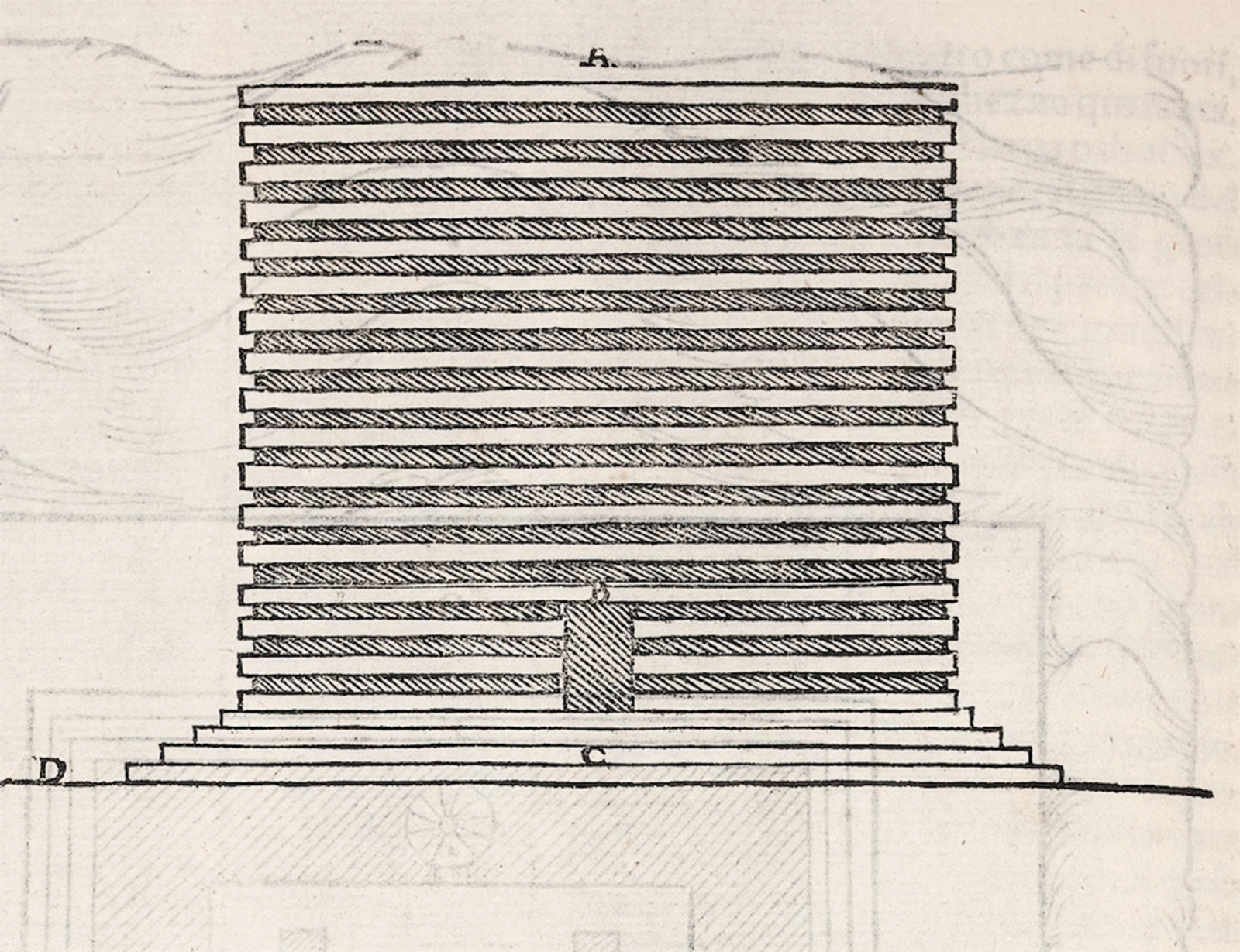Abendvortrag
Matteo Burioni: Shaped Rock. African Antiquities in Early Modern Italy

The famous Rock-Hewn Churches of Ethiopia in Lalibela, dated from the late 10th to the 13th century, were known in Early Modern Italy and in other parts of Europe through descriptions and illustrations. The knowledge of these African Antiquities raises fundamental issues for the architectural history and theory of Early Modern Europe. These buildings that are similar to antique hypogea were understood to be Christian Antiquities: a tradition of church building hitherto unknown. They were equally important for Christian archaeology, biblical history, and architectural theory. The material, form, and meaning of these African Antiquities will be discussed in the context of other non-antique, non-European monuments known in Europe.
Matteo Burioni is Oberassistent and University Lecturer at Ludwig-Maximilians-Universität and research associate at the Zentralinstitut für Kunstgeschichte. In 2006, he was awarded a Ph.D . from the Goethe-University with a dissertation on Vasari, for which he received a DAAD scholarship for the Scuola Normale Superiore di Pisa from 1997-1998 and a scholarship from the Kunsthistorisches Institut in Florenz – Max-Planck-Institut from 2003-2005. From 2005-2008 he was SNFS Post-Doctoral Fellow at 'eikones', the National Competence Centre for Research Iconic Criticism at the University of Basle. In 2014, as an assistant at the Ludwig-Maximilians-University of Munich, he was nominated university lecturer with a study on the reception of Non-European monuments in Early Modern Europe, and research associated at the Zentralinstitut für Kunstgeschichte. He currently works on a book dedicated to the traveller Pietro della Valle. Other research projects deal with Architectural Medals of Papal Rome, and the historiography of architecture in the Nineteenth Century.
10. Oktober 2017, 18:00 Uhr
Kunsthistorisches Institut in Florenz
Max-Planck-Institut
Palazzo Grifoni Budini Gattai
Via dei Servi 51
50122 Firenze
Hinweis
Diese Veranstaltung wird durch Fotografien und/oder Videoaufnahmen dokumentiert. Falls es nicht Ihre Zustimmung findet, dass das Kunsthistorische Institut in Florenz Aufnahmen, auf denen Sie erkennbar abgebildet sein könnten, für die Veranstaltungsdokumentation und Öffentlichkeitsarbeit (z.B. Social Media) verwendet, bitten wir um eine entsprechende Rückmeldung.


